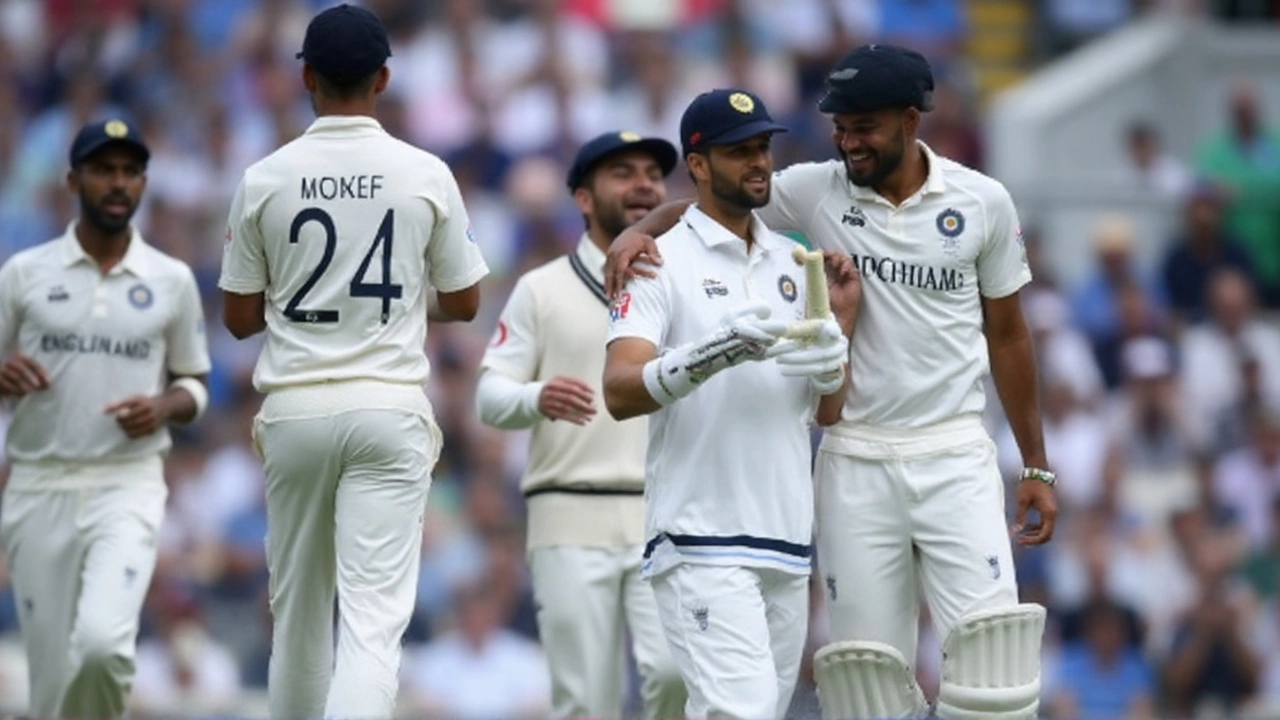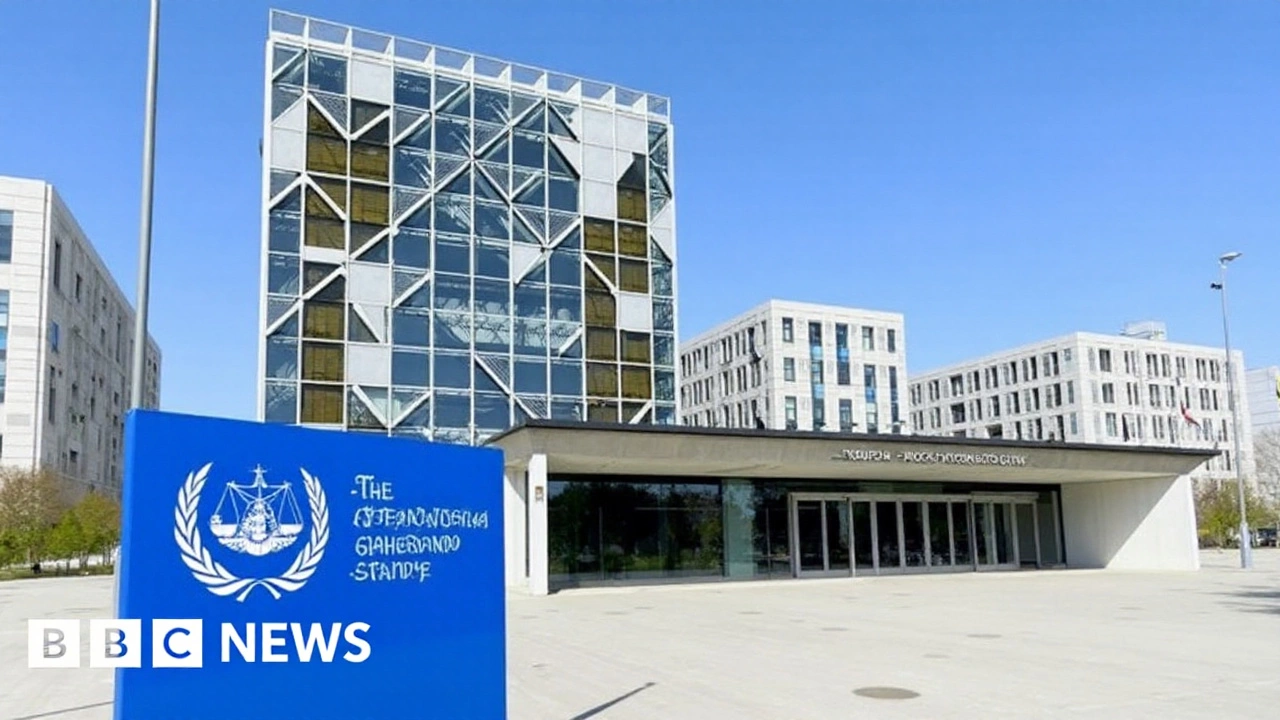Trump’s New ICC Sanctions Spark Global Debate
Here we go again: Donald Trump, not long after returning to the Oval Office in 2025, reignited a global storm by hammering the International Criminal Court with harsh sanctions. The trigger? In late 2024, the ICC issued arrest warrants for Israeli Prime Minister Benjamin Netanyahu, former Defense Minister Yoav Gallant, and the top Hamas military commander. The accusations: war crimes in the ongoing Israel-Palestine conflict.
Trump’s executive order (number 14203, for the legal minded) goes further than his first-term sanctions from 2020. This time, it directly targets current ICC Prosecutor Karim Khan, bringing back a tactic once aimed at Fatou Bensouda, the previous head prosecutor. Khan, already under pressure from other unrelated misconduct allegations, found himself and his staff facing asset freezes, banking restrictions, and travel bans if they dare investigate or prosecute Americans or America’s closest allies—especially Israel. The order even extends penalties to anyone helping the ICC chase after non-member countries’ citizens, creating a broad shield for U.S. military, intelligence, and allies.

Why the U.S. and Israel Push Back
Here’s the background: Neither the U.S. nor Israel ever joined the ICC. They argue the court has no right to investigate their officials since both are non-members, and they see these prosecutions as politically motivated. The Israeli government slammed the ICC move as "outrageous," and Washington quickly closed ranks around its ally. For Trump, the sanctions were an easy way to show support—not just for Israel, but for America’s resistance to outside oversight on national security and foreign policy decisions.
To soften the blow, the ICC pre-paid months of staff salaries, expecting trouble. Still, the order caused immediate headaches for key prosecutors and others involved in high-profile investigations into Afghanistan, Myanmar, and Ukraine. Global human rights experts stepped up, accusing Trump of trying to bully international justice off the playing field. They say the real victims are those seeking accountability—people in war-torn countries who rely on the ICC because their abusers can’t be tried at home.
On the diplomatic front, critics call this a blow to the idea that war crimes and crimes against humanity won’t go unpunished, no matter who commits them. The U.S. insists it’s just protecting its own—and Israel’s—right to handle such matters internally. The United Nations and many NGOs have called for the sanctions to be reversed before damage is done to the credibility of international law.
But for supporters of Trump’s policy, it’s about drawing a hard line: keep American and allied personnel out of foreign courts they never agreed to join. As the fallout continues, one thing’s clear—international justice and power politics are clashing once again, right in the open.
